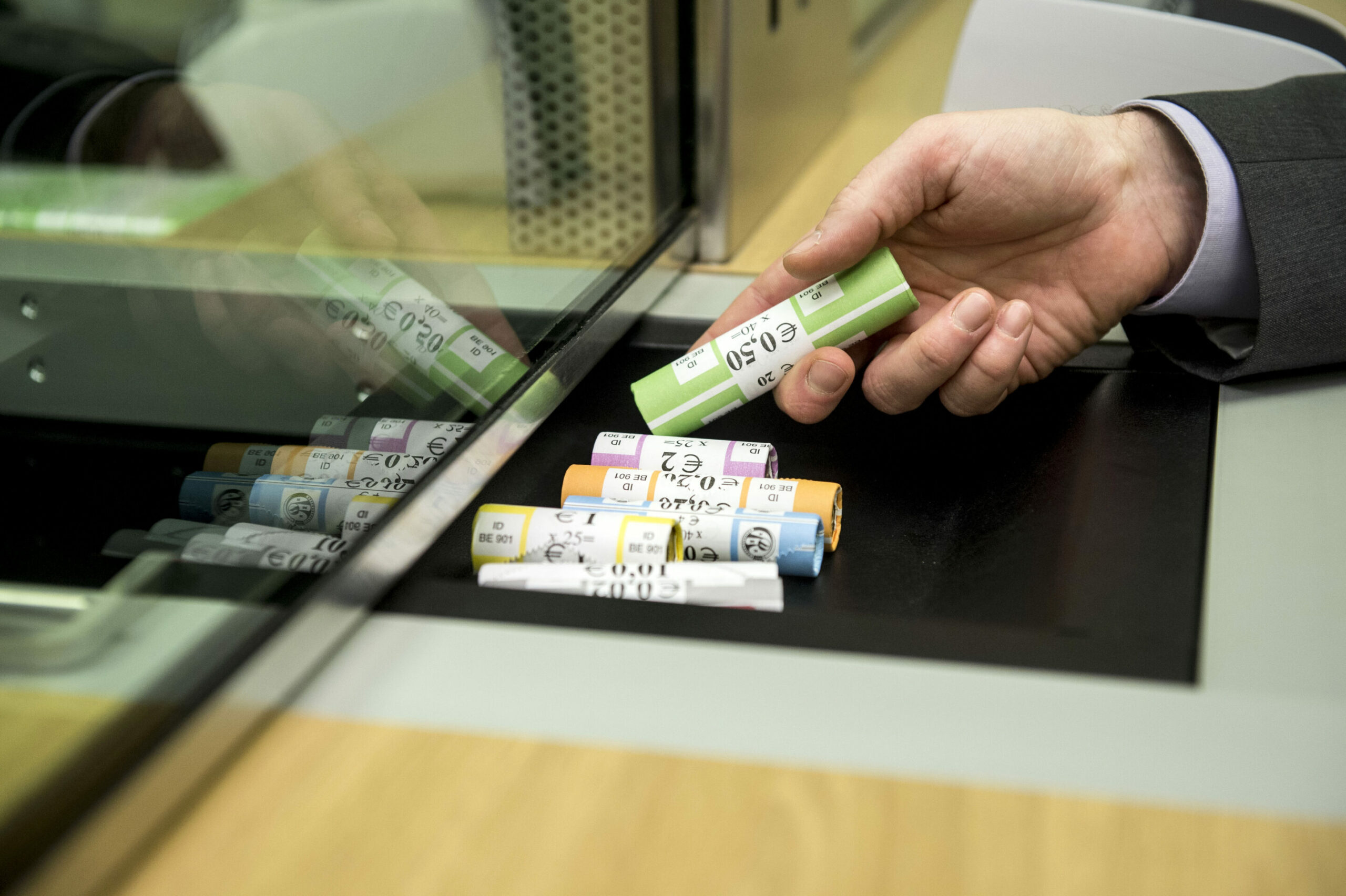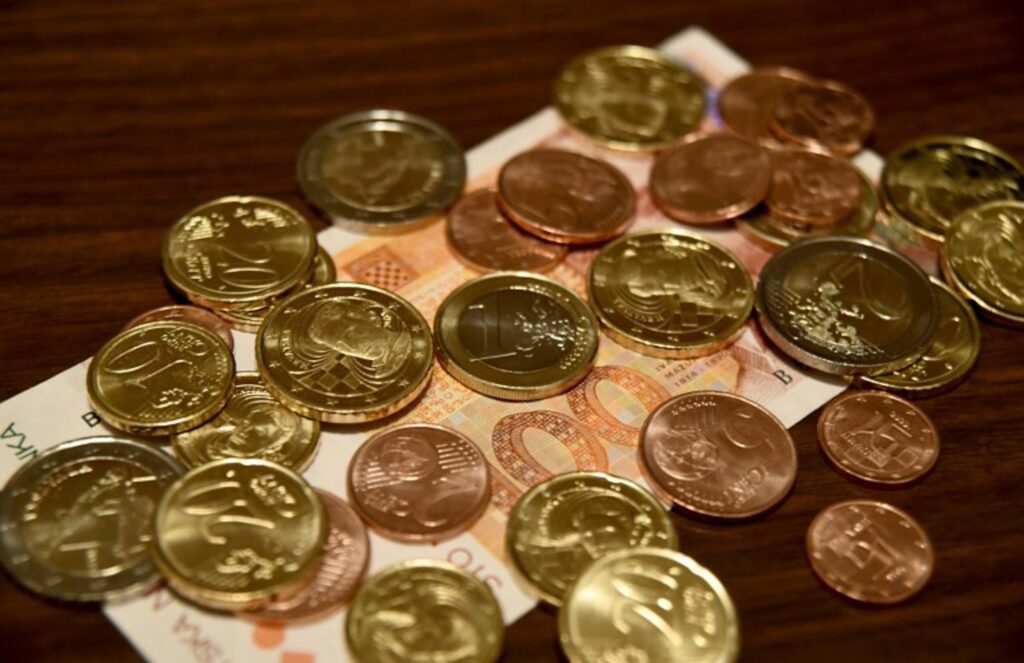Despite there being more than enough euro coins in Belgium, many remain unused – hidden in piggy banks or wedged between sofa cushions. Amid a shortage of cents, Belgian State is calling on residents to pay with unused coins in shops.
The Federal Government has launched a campaign titled 'Spend your change' to call on people to collect their unused euro coins and pay with them for everyday, small purchases, such as bread, drinks and newspapers, to give them to charities that collect coins for good causes or exchang them for free at the National Bank of Belgium. It is hoped this will tackle the shortage of coins.
"Our country is facing a coin circulation problem, despite the large quantities available," the Finance Ministry said in a statement. "This is because many coins remain unused. They may be in pockets of clothes, wallets, piggy banks, under a corner of the sofa or hidden in a cabinet drawer."
There are currently more than 4.2 billion coins in Belgium, worth more than €1.5 billion. "If you put them all side by side, they go around the earth more than twice. Yet shops often struggle to have enough change for customers paying in cash, and that is because many are left unused at people's homes." Based on findings of a Dutch study, there are at least 212 million unused coins in Belgium.

Coins can also be brought into banks with special coin counters. Credit: Belga/ Jonas Hamers
The ministry argued that this hoarding comes at a cost, as new coins would have to be minted to have enough in circulation. "By putting only 2% of unused coins back into circulation, one can save more than €5 million in production costs per year."
There is also an environmental aspect: a lot of CO2 is released in the production and transportation of the coins, as raw materials such as copper and nickel are imported from distant regions (such as South America or Asia).

